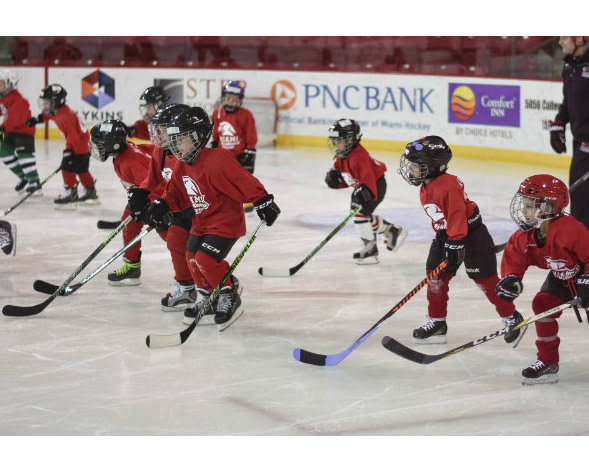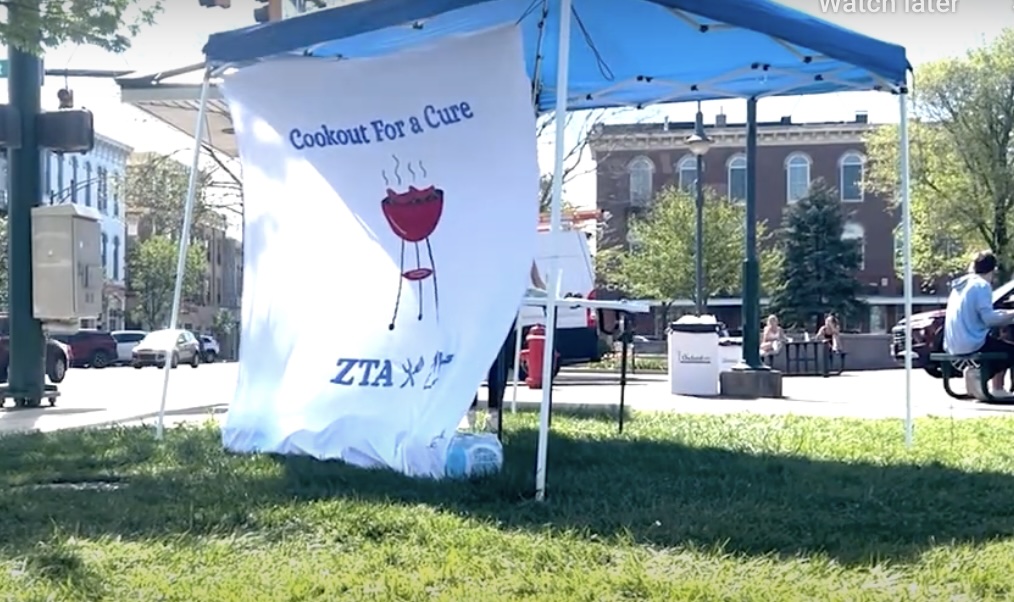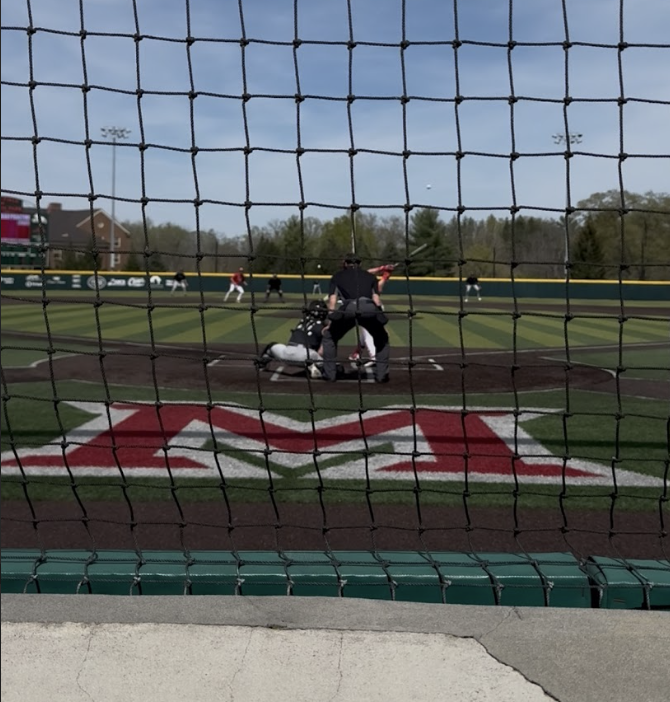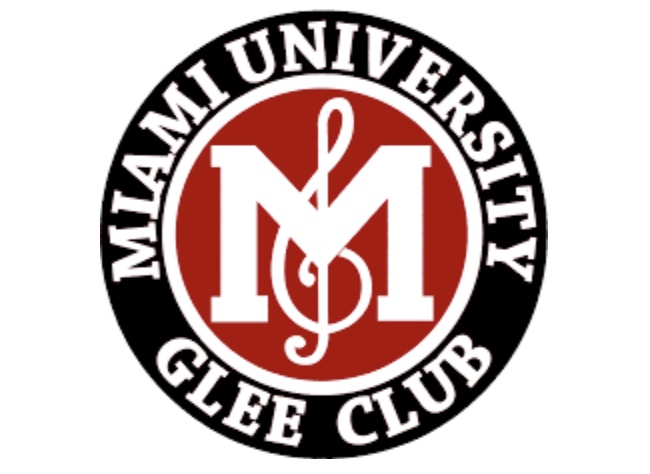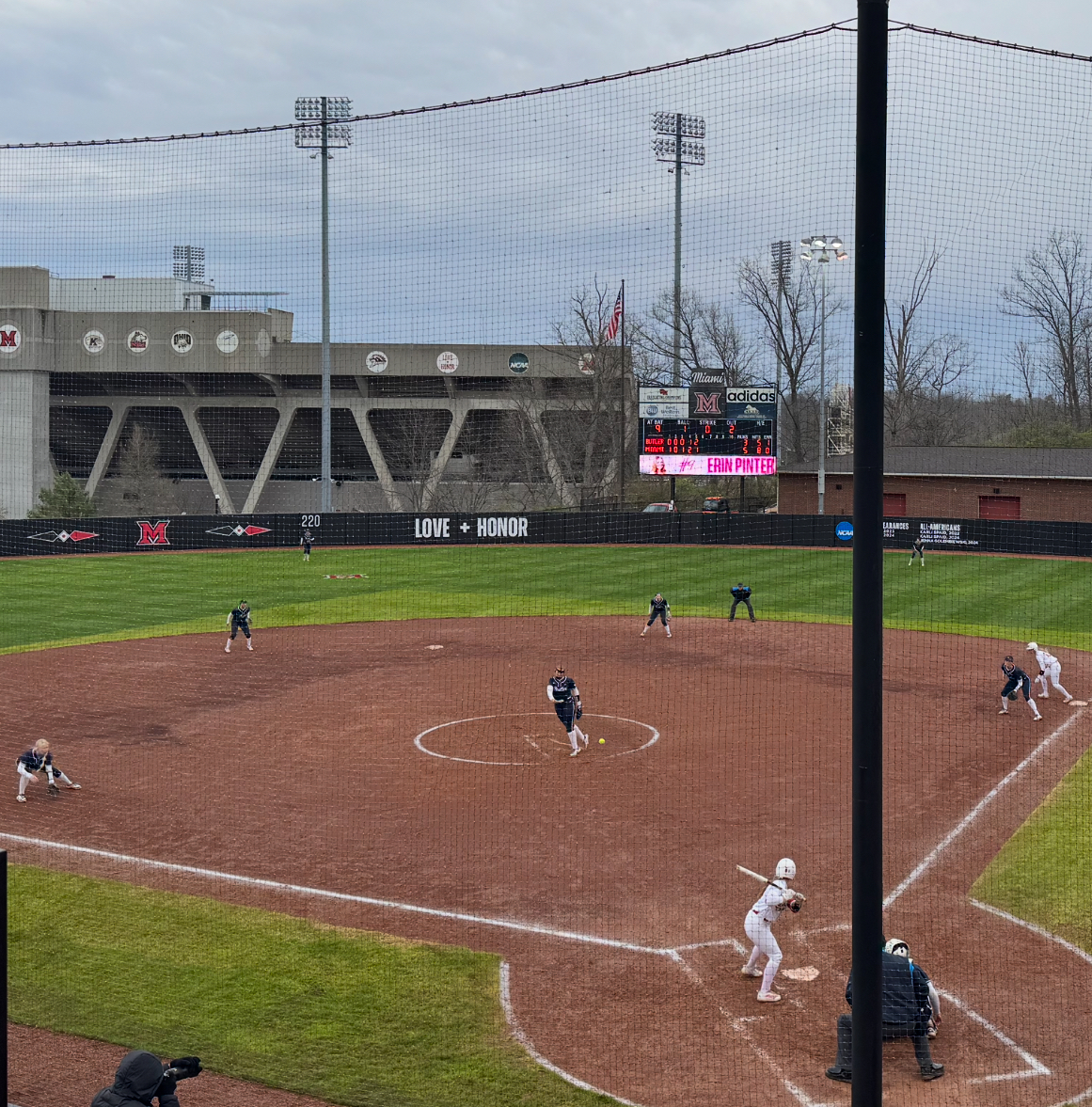Miami University’s incoming freshman class will be the first to experience remote summer orientation due to the coronavirus pandemic.
Traditionally, freshman orientation consists of students coming to campus with parents, staying in a dorm room with another student and over the course of about 24 hours, doing activities with student leaders, planning their fall semester course schedule with an advisor, and learning about student life. Sessions would have begun May 28, with the last students finishing July 1.
Now, students will complete activities on Canvas, the online learning management platform Miami uses, and meet with their SOULs — Student Orientation Undergrad Leaders — and advisors virtually, from the comfort of their own homes. They can watch videos on topics such as student housing, what to expect on their first day, and see messages from the deans of their colleges. They can video chat with SOULs to hear advice or ask them what they wish they’d known before arriving in Oxford. And they can schedule their classes for the fall semester.
Remote orientation took about six weeks to develop, from the initial announcement to the launching of the Canvas site. It didn’t take just one department to develop it, though. “We worked with nearly 70 campus departments, including admissions, all academic departments, Miami’s e-learning department, Miami IT, and student life,” said Buffy Stoll, director of the Office of Orientation and Transition Programs.
Stoll said they worked closely with the Center for Students with Disabilities and AccessMU, “to make sure that all our orientation materials were built with accessible technologies — like captions for videos.”
One difficulty of online orientation was creating the same relationships students form while on campus. “Lots of the impact of orientation has to do with interpersonal interactions and connections, so re-creating those connections remotely was a big focus of ours,” Stoll said.
That’s where the SOULs come in.
The jobs of the SOULs haven’t changed much with the new form of orientation. “SOULs want to help create connections for first-year students on campus, whether that be with the SOUL, other members in the small group, or connect to the resources available on campus,” said Jazzy Crain, a junior and SOUL from Macedonia, Ohio.

Despite the changes, SOULs are committed to connecting with first-year students and to each other. “This is the first orientation in Miami’s history where it has all been facilitated online, but our team made the most out of the situation to give the incoming first-year students the same elevated and connected experience as previous years,” said Abbie Pleiman, a junior and SOUL from Coldwater, Ohio. “Although most of us have never met each other in person, the connections between my team members (are) energetic and as if we have all been friends for years.”
One upside to remote orientation is the information will still be available to new students over the summer and throughout their first year. Having orientation on Canvas “means that students don’t have to take it all in over the course of two days,” said Stoll. “The timing is also more flexible, so they can go through the Canvas course at their own pace and schedule advising and small group meetings that work for their schedule.”
Caitilin Schipper said that’s one aspect of remote orientation she likes. Schipper, an incoming freshman from Cincinnati, said she’s been taking notes and reviewing information she feels is important. While she’s a little disappointed she isn’t able to visit campus, she said it’s best for the health and safety of everyone.

Brandon Weichart had a similar sentiment. “While it is rather unfortunate that we don’t get to spend more time on campus, I think I’m still getting the information I need,” he said. Weichart has started remote orientation as well and said, “I am definitely excited to continue with the process and prepare myself for the year ahead.”
The Canvas site for orientation launched May 13. Students could sign up for academic advising appointments beginning May 27, which will be offered through July 2. Beginning mid-July, they’ll be able to start the required online training for more other topics. After they complete those, they’ll have the rest of the summer to look forward to starting their college experience in the fall.



